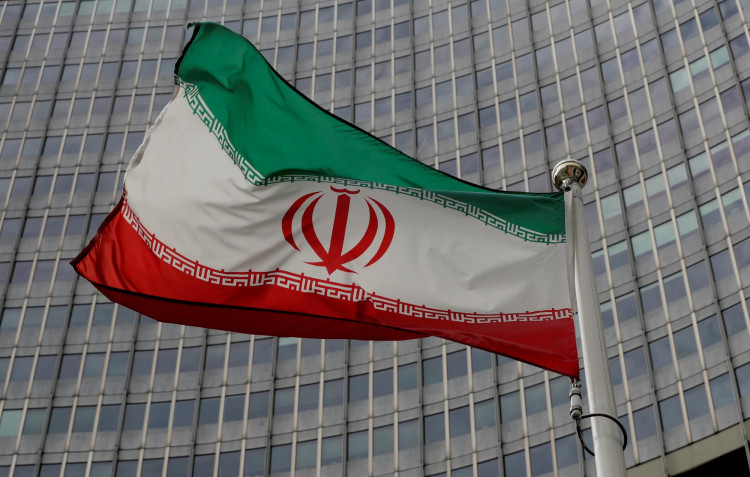President Donald Trump on Thursday raised the specter of a looming military escalation in the Middle East, warning that a conflict involving Israel and Iran "could very well happen," and revealing that the U.S. has begun precautionary evacuations of personnel in the region. The comments come as tensions flare over Iran's nuclear activities and faltering negotiations aimed at curbing its enrichment program.
"I don't want to say imminent, but it's something that could very well happen," Trump told reporters at the White House when asked about a potential Israeli strike on Iran. "We have a lot of American people in this area, and I said, look, we gotta tell them to get out cause something could happen - soon."
The U.S. Embassy in Iraq this week ordered a partial evacuation of non-essential government personnel, while embassies across the region have activated emergency action committees to assess threat levels and submit risk mitigation plans. Trump stated, "They are being moved out because it could be a dangerous place."
Trump also confirmed that negotiations with Iran are still ongoing and nearing a breakthrough, with a sixth round of talks scheduled Sunday in Oman. "We're fairly close to an agreement... As long as I think there is an agreement, I don't want them going in because that would blow it. Might help it, actually, but also could blow it," he said.
U.S. officials told CNN that the threat level spiked after the International Atomic Energy Agency (IAEA) passed a resolution declaring Iran in breach of its nuclear non-proliferation obligations-the first such formal declaration in nearly 20 years. In response, Tehran announced it would expand its enrichment activities.
The IAEA reported Thursday that Iran's stockpile of uranium enriched to 60% purity-near weapons-grade-had surged from 605.8 pounds in February to 900.8 pounds by mid-May. According to the Institute for Science and International Security, this quantity is sufficient for Iran to assemble one nuclear warhead within days and potentially build up to nine warheads in three weeks.
"There are plenty of indications that [Iran has] been moving their way towards something that would look a lot like a nuclear weapon," Defense Secretary Pete Hegseth told the House Armed Services Committee on Wednesday.
Those remarks conflict with the Director of National Intelligence's March assessment, which stated that Iran is not actively developing a nuclear weapon.
Despite Trump's hardline stance-"They can't have a nuclear weapon. Very simply, they can't have a nuclear weapon"-he expressed hope that diplomacy might still avert a broader regional war. "I want to have an agreement with Iran," he said. "Other than that, I want them to be successful. We'll help them be successful, will trade with them. We'll do whatever is necessary."
The U.S. remains firm that any deal must eliminate Iran's enrichment capabilities. However, Tehran has refused to abandon its civilian enrichment programs and has not clarified what it will do with its current near-weapons-grade stockpiles.
Secretary of State Steve Witkoff is set to lead the U.S. delegation to Oman, where he will meet with Iranian officials under the mediation of Omani Foreign Minister Badr al-Busaidi. Talks in Geneva last month broke down over Iran's refusal to curtail enrichment, prompting the Biden administration to escalate export controls on AI chips, aerospace components, and semiconductor tools.
The IAEA's Board of Governors vote to censure Iran was opposed only by Russia, China, and Burkina Faso. The Board may now refer the breach to the U.N. Security Council, which could trigger snapback sanctions.
Trump said Israel has not shared direct intelligence with him regarding imminent plans to strike, but added, "I said look, there's a chance of massive conflict." He added, "Doing it [the evacuation] has its downside but it also has its upside, like you're going to save a lot of lives if it should happen. Hopefully that doesn't happen."





